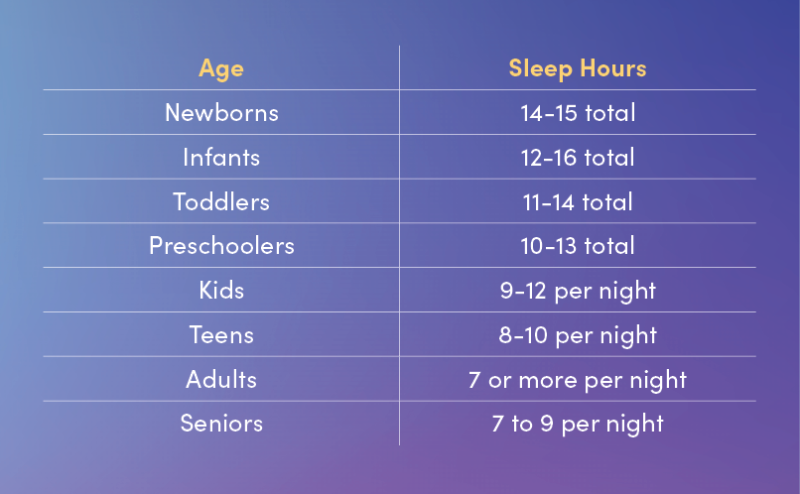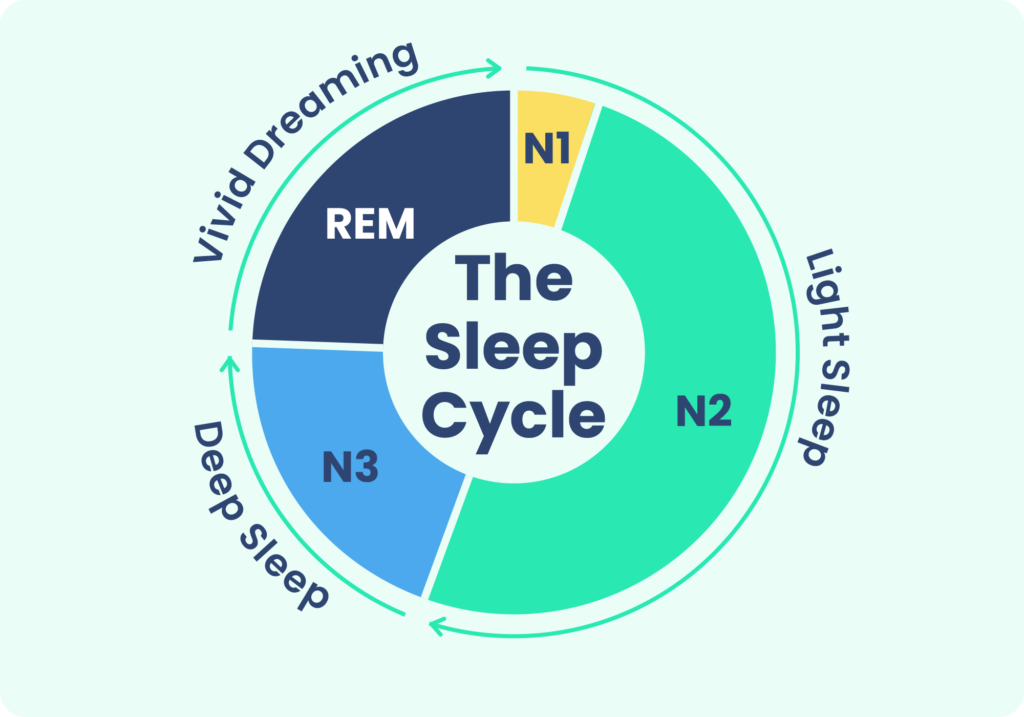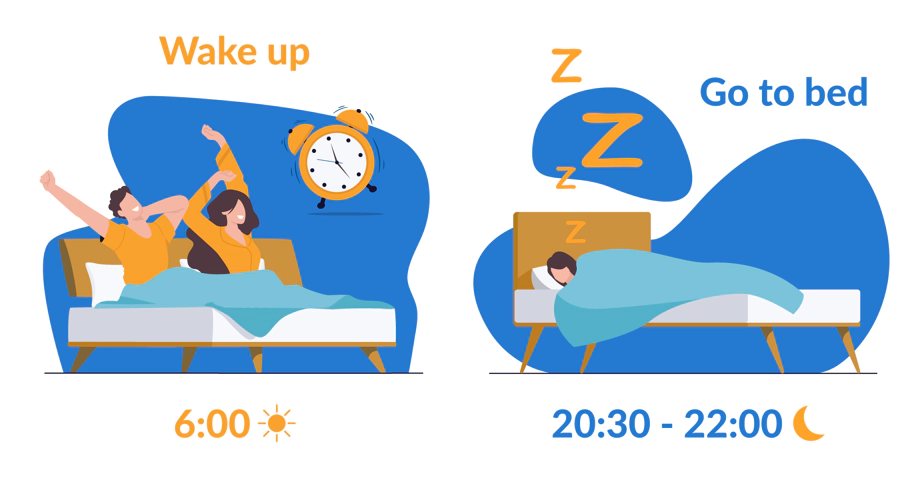How a Sleep Calculator Can Help You Wake Up Refreshed Every Morning

Waking up feeling tired, even after a full night’s sleep, is a problem many people face. Surprisingly, the issue might not be how many hours you sleep, but when you sleep and when you wake up. That’s where a sleep calculator comes in — a simple yet powerful tool designed to help you wake up refreshed every morning.
A sleep calculator works by factoring in the average length of a sleep cycle (around 90 minutes) and the time it usually takes for you to fall asleep (about 10–20 minutes). Rather than focusing only on the total hours of sleep, it calculates optimal wake-up times that align with your body’s natural rhythms. This way, you wake up at the end of a sleep cycle instead of in the middle of one — avoiding that groggy, heavy feeling known as sleep inertia.
Why Sleep Cycles Matter
The human body goes through several stages of sleep — light sleep, deep sleep, and REM (rapid eye movement) sleep — and each complete cycle lasts around 90 minutes. If you wake up during deep sleep, you’re likely to feel sluggish and disoriented. A sleep calculator helps you avoid this by suggesting bedtime or wake-up times that coincide with the lighter stages of sleep, making it easier to get up and start your day with energy.
How to Use a Sleep Calculator
Using a sleep calculator is simple. You can:
-
Set your wake-up time – The calculator will suggest ideal bedtimes.
-
Set your bedtime – It will give you optimal wake-up times.
-
Adjust for fall-asleep time – Most calculators allow you to add a buffer of 10–20 minutes to account for the time it takes to drift off.
For example, if you need to wake up at 7:00 AM, a sleep calculator might suggest going to bed at 10:00 PM or 11:30 PM — times that allow for complete sleep cycles.
Benefits of Using a Sleep Calculator
-
Wake Up Naturally Refreshed – By syncing with your body’s natural rhythm, you avoid abrupt awakenings.
-
Boost Productivity – Starting your day with more energy leads to better focus and efficiency.
-
Improve Sleep Quality – Fewer interruptions in deep sleep mean more restorative rest.
-
Better Mood and Mental Health – Quality sleep reduces stress and improves emotional well-being.
-
Consistent Routine – Helps train your body to sleep and wake at the same times daily.
Tips for Better Results
While a sleep calculator is a great starting point, combining it with healthy sleep habits can maximize its benefits:
-
Avoid screens at least 30 minutes before bedtime.
-
Maintain a dark, quiet, and cool bedroom environment.
-
Limit caffeine and heavy meals before bed.
-
Stick to a consistent sleep schedule, even on weekends.
Final Thoughts
A sleep calculator is not just a gadget; it’s a practical tool for improving your sleep quality and daily performance. By waking up at the right point in your sleep cycle, you can start your day feeling alert and ready, instead of sluggish and foggy. Whether you’re a student, professional, or simply someone wanting better mornings, giving a sleep calculator a try could be the small change that makes a big difference in your life.
.jpg)

.jpg)
.jpg)

